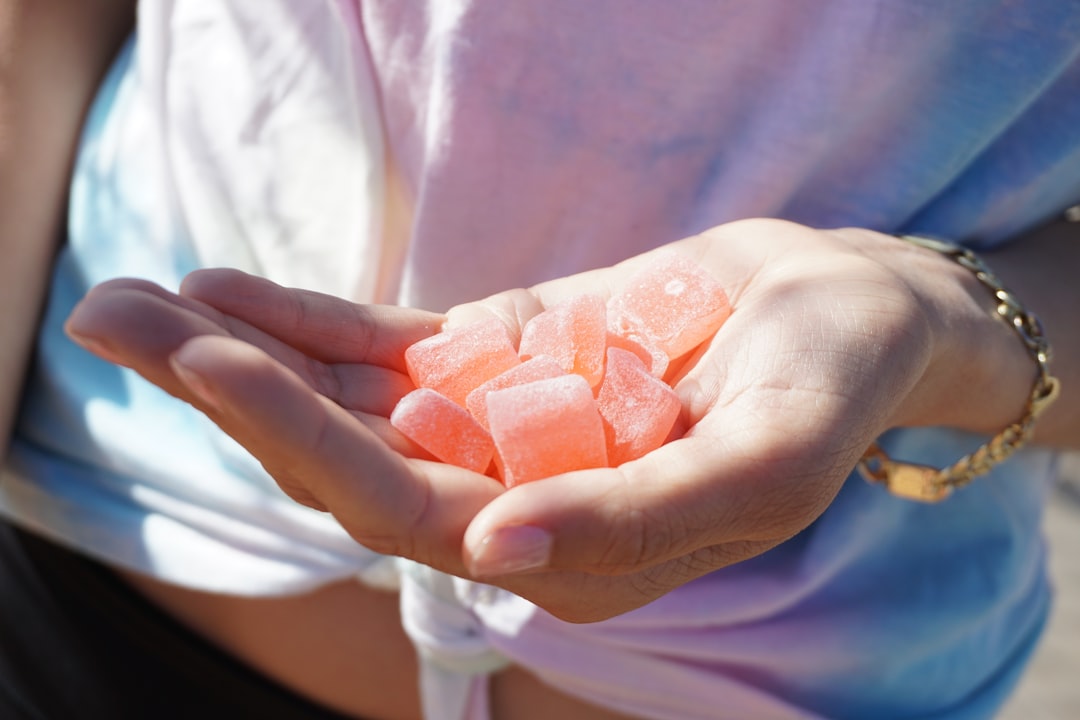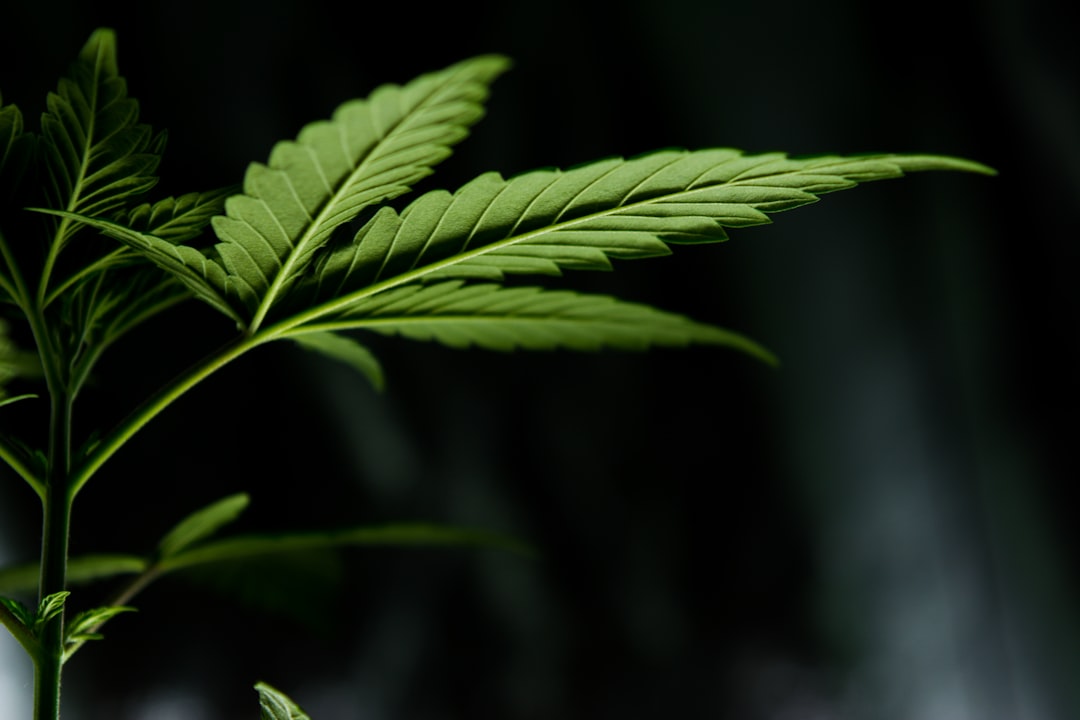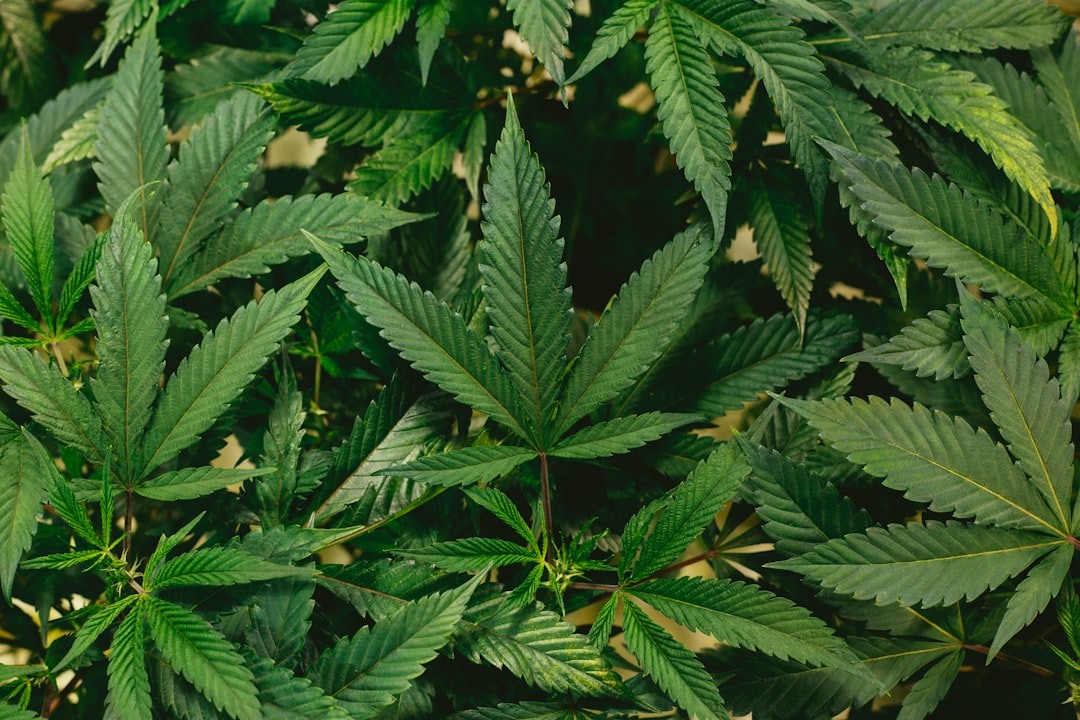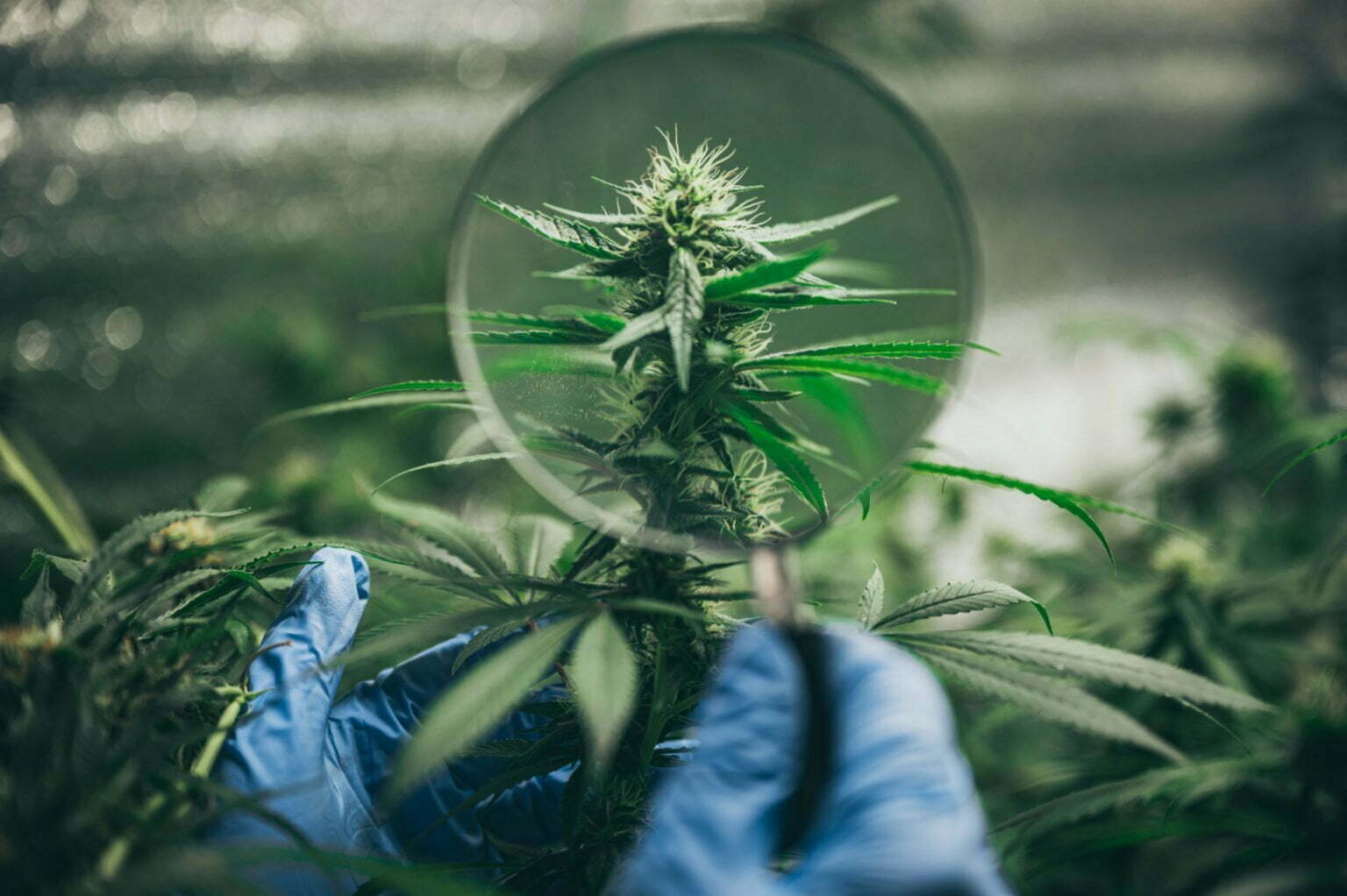Cannabis legalization is becoming increasingly widespread, so it’s no surprise that there’s been a surge of interest in cannabis products, including those infused with delta-8 tetrahydrocannabinol or delta-8 THC. Though it has only been popular for a few short years, delta-8 has become wildly popular with consumers. Despite its visibility, many people still don’t know what exactly what it is or how it can be used. Fortunately, there are plenty of resources that can teach you everything you need to know. If you’re curious, read on for three facts about the popular cannabinoid, delta-8 tetrahydrocannabinol.
1. Products like delta-8 THC gummies are consumer favorites.

These delta 8 gummies aren’t just delicious, they’re also beloved by consumers and have plenty of rave reviews. Since they’re vegan and gluten free, they can even be enjoyed by customers who have dietary sensitivities. Even though delta-8 THC has gained popularity in recent years, these gummies have already become bestsellers with legions of fans. Edibles are favorited by many cannabis enthusiasts because they’re convenient, effective, and discreet. It’s worth doing your research to find high quality products, as potency and consistency can vary significantly between brands.
Keep in mind that no matter what products you decide to experiment with, you should always check in with a healthcare provider before trying any cannabis product for the first time. Your doctor will explain how it could affect any health conditions you have or interact with prescription medications that you’re currently taking. They may also be able to provide advice on finding the right products and calculating the proper dosage for yourself.
2. Delta-8 THC is similar to, but not the same as, delta-9 THC.

Delta-8 THC is a cannabinoid that is found in the cannabis plant, much like its more famous relative, delta-9 THC. It is similar to delta-9, but it has a slightly different chemical structure. The two molecules have different shapes, and they interact with cannabinoid receptors in the body differently. Delta-8 is often described as being more subtle than delta-9 THC, which is preferable for many consumers.
Believe it or not, there are more than 100 cannabinoids, including delta-9 THC, delta-8 THC, and cannabidiol (CBD). While they all share some common features, each cannabinoid has its own unique set of properties and effects. The effects of cannabinoids vary depending on the individual and the dosage. The effects will also vary depending on the strain of cannabis or hemp and its overall cannabinoid profile.
3. The legal status of delta-8 depends on where you’re located.

Hemp and hemp plant derivatives like cannabidiol (CBD) were legalized through the 2018 Farm Bill, which defines hemp as an agricultural product and removes it from the Controlled Substances Act. This is the legal framework that allowed for broader access to products infused with delta-8 THC. However, since 2018, the some state governments have sought to restrict access to the cannabis compound. Some individual states have restricted or prohibited the use of delta-8, so it’s essential that you look up your state and local laws before you purchase or use any delta-8 products.
We’ve still got plenty to learn about delta-8 and it’s likely that we’ll find out a lot more about the versatile cannabinoid in the coming years. There is clearly a market for delta-8 products, and it seems to be expanding rapidly. If you’re interested in trying delta-8 for yourself, it’s a good idea to take the time to research delta-8 and learn more about what to expect. Not only will it help you identify high quality products, it will also give you the information you need to ensure that you have a positive experience. When used responsibly, delta-8 can be an enjoyable way to unwind after a busy day at work.






